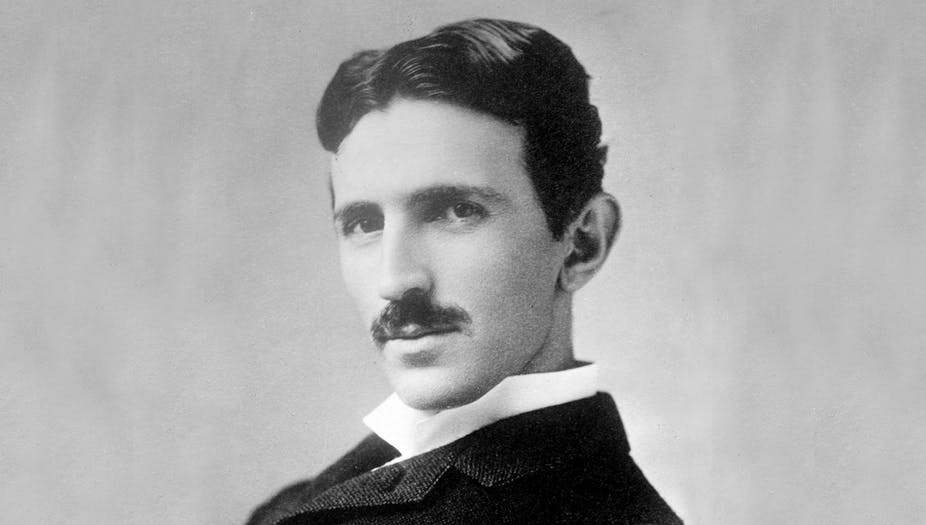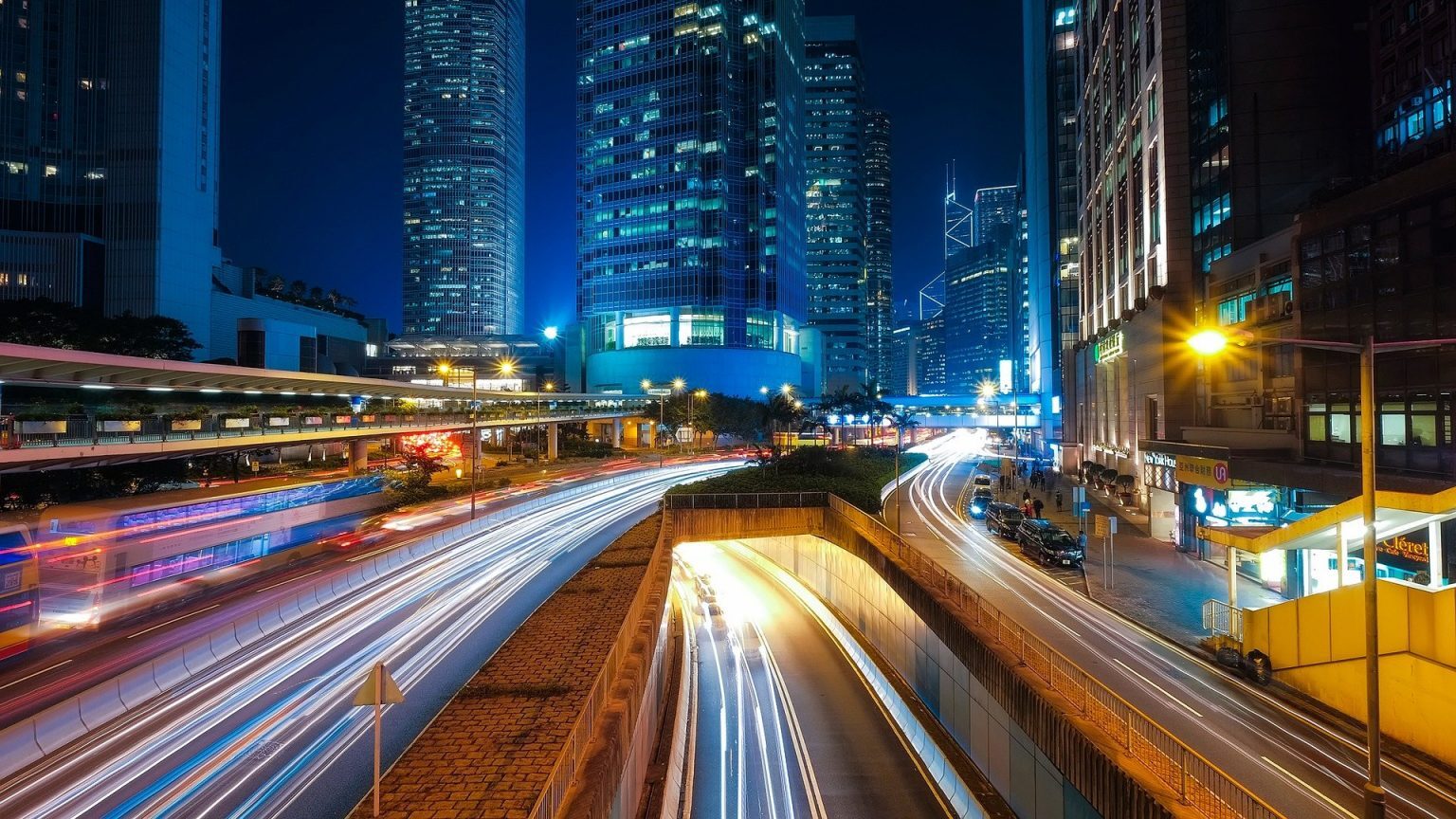Some weeks ago, a nine-year-old macaque monkey called Pager successfully played a game of Pong with its mind. While it may sound like science fiction, the demonstration by Elon Musk’s neurotechnology company Neuralink is an example of a brain-machine interface in action (and has been done before). A coin-sized disc called a “Link” was implanted by a precision surgical robot into Pager’s brain, connecting thousands of micro threads from the chip to neurons responsible for controlling motion. https://www.youtube.com/watch?v=rsCul1sp4hQ&feature=emb_logo Brain-machine interfaces could bring tremendous benefit to humanity. But to enjoy the benefits, we’ll need to manage the risks down to an acceptable level. A perplexing game…
Author: The Conversation
If you’ve ever gotten your phone wet in the rain, dropped it in water or spilt liquid over it, you’re not alone. One study suggests 25% of smartphone users have damaged their smartphone with water or some other kind of liquid. Liquid penetrating a smartphone can affect the device in several ways. It could lead to: blurry photos, if moisture gets trapped in the camera lens ruffled audio, or no audio liquid droplets under the screen an inability to charge the rusting of internal parts, or a total end to all functionality. While new phones are advertised as “water resistant”, this doesn’t…
At the height of his career, the pioneering electrical engineer Nikola Tesla became obsessed with an idea. He theorised that electricity could be transmitted wirelessly through the air at long distances – either via a series of strategically positioned towers, or hopping across a system of suspended balloons. Things didn’t go to plan, and Tesla’s ambitions for a wireless global electricity supply were never realised. But the theory itself wasn’t disproved: it would have simply required an extraordinary amount of power, much of which would have been wasted. Now, a research paper has suggested that the architects of the 5G network may have…
Transitioning to home working had its challenges for us all, but when your job involves researching biological applications for nanotechnology, those trials are a little more complicated than juggling the household’s broadband usage. So barred from his lab, you might reasonably expect the research by organic chemist Vittorio Saggiomo, from the Bionanotechnology group at Wageningen University & Research in the Netherlands, to have come to a grinding halt. But Saggiomo is a creative, imaginative type, and so he began to wonder if he could turn common household appliances to good use in the fight against COVID-19. More specifically, could he create a cheap,…
The deadly insurrection at the U.S. Capitol in January exposed the power of social media to influence real-world behavior and incite violence. But many adolescents, who spend more time on social media than all other age groups, have known this for years. “On social media, when you argue, something so small can turn into something so big so fast,” said Justin, a 17-year-old living in Hartford, Connecticut, during one of my research focus groups. (The participants’ names have been changed in this article to protect their identities.) For the last three years, I have studied how and why social media triggers and accelerates offline violence. In my research,…
My colleagues and I changed a digital version of Monopoly so that instead of getting US$200 each time a player passes Go, the player is charged a wealth tax. We didn’t do this to gain an advantage or trick anyone. The purpose is to throw a curveball at artificial intelligence agents that play the game. Our aim is to help the agents learn to handle unexpected events, something AIs to date have been decidedly bad at. Giving AIs this kind of adaptability is important for futuristic systems like surgical robots, but also algorithms in the here and now that decide who should get bail,…
Robotic vehicles have been used in dangerous environments for decades, from decommissioning the Fukushima nuclear power plant or inspecting underwater energy infrastructure in the North Sea. More recently, autonomous vehicles from boats to grocery delivery carts have made the gentle transition from research centres into the real world with very few hiccups. Yet the promised arrival of self-driving cars has not progressed beyond the testing stage. And in one test drive of an Uber self-driving car in 2018, a pedestrian was killed by the vehicle. Although these accidents happen every day when humans are behind the wheel, the public holds driverless cars to far higher safety standards, interpreting one-off accidents…
Due to the global organ shortage and limited organ donors, thousands of patients are left wanting organs and tissues in cases of severe injuries, illness or genetic conditions. Many of these patients die before transplants are available. Tissue engineering is an emerging field that works on producing artificial tissue and organ substitutes as permanent solutions to replace or repair damage. As biomedical engineering researchers, we are developing 3D temporary organ structures — called scaffolds — that may help regenerate damaged tissues and potentially lead to creating artificial organs. These tissues can also be used in various tissue engineering applications, including nerve repair…
Over the long weekend reports emerged of an alleged data breach, impacting half a billion Facebook users from 106 countries. And while this figure is staggering, there’s more to the story than 533 million sets of data. This breach once again highlights how many of the systems we use aren’t designed to adequately protect our information from cyber criminals. Nor is it always straightforward to figure out whether your data have been compromised in a breach or not. https://twitter.com/UnderTheBreach/status/1349671417625931778? What happened? More than 500 million Facebook users’ details were published online on an underground website used by cyber criminals. It quickly became clear…
Takeaways · Nonfungible tokens prove ownership of a digital item – image, sound file or text – in the same way that people own crypto coins. · Unlike crypto coins, which are identical and worth the same, NFTs are unique. · An NFT is worth what someone is willing to pay for it, which can be a lot if the NFT is made by a famous artist and the buyer is a wealthy collector. An attorney friend recently asked me out of the blue about nonfungible tokens, or NFTs. What prompted his interest was the sale of a collage composed of 5,000 digital…










